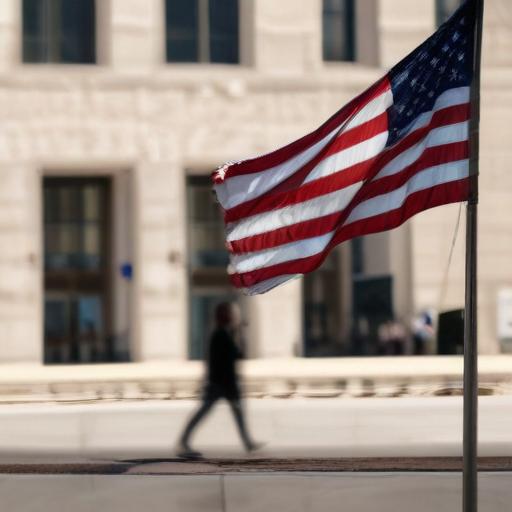U.S. Congressman Lou Correa, representing Santa Ana, has expressed growing concern over the heightened immigration enforcement tactics occurring in the area. Correa, who affectionately refers to Home Depot as his “toy store,” is troubled by the increased presence of National Guard troops and ICE (U.S. Immigration and Customs Enforcement) agents in the community, particularly as they conduct sweeps that seem to target ordinary residents rather than those with criminal records.
During a recent visit to the home of an 11-year-old girl, whose father was apprehended by ICE, Correa witnessed firsthand the fears that these immigration actions instill in families, especially amidst reports of detained individuals being moved across the country with little notice to their loved ones. This situation has prompted Correa to reflect on his own safety while simply shopping, given his Mexican American heritage.
The Congressman has taken a stand against ICE’s practices, particularly the use of masked agents without visible identification. He finds this approach not only unjust but potentially hazardous. Correa criticized the presence of unidentifiable federal agents on the streets, likening the scenario to a dangerous environment where community trust is eroded.
In response to these issues, Correa has introduced legislation aimed at increasing transparency in law enforcement operations. The No Secret Police Act would require DHS agents involved in immigration enforcement to wear identification, thereby ensuring accountability. This act parallels existing legislation in the California State Senate, which seeks to ban law enforcement at all levels from concealing their identities while conducting operations.
This growing movement for transparency and community safety reflects a broader push among lawmakers for greater oversight of federal agents. Correa’s initiative is backed by other representatives, who echo concerns about the presence of unidentified law enforcement in communities, reinforcing the belief that every officer should be identifiable to the public they serve.
While the current immigration enforcement tactics have heightened tensions in the community, Correa’s efforts signify a hopeful outlook for meaningful reform. By advocating for legislation that promotes better identification and accountability, he aims to foster a safer environment where residents feel secure in their own neighborhoods. This ongoing discourse highlights the need for thoughtful policies in immigration enforcement that respect both public safety and individual rights.
